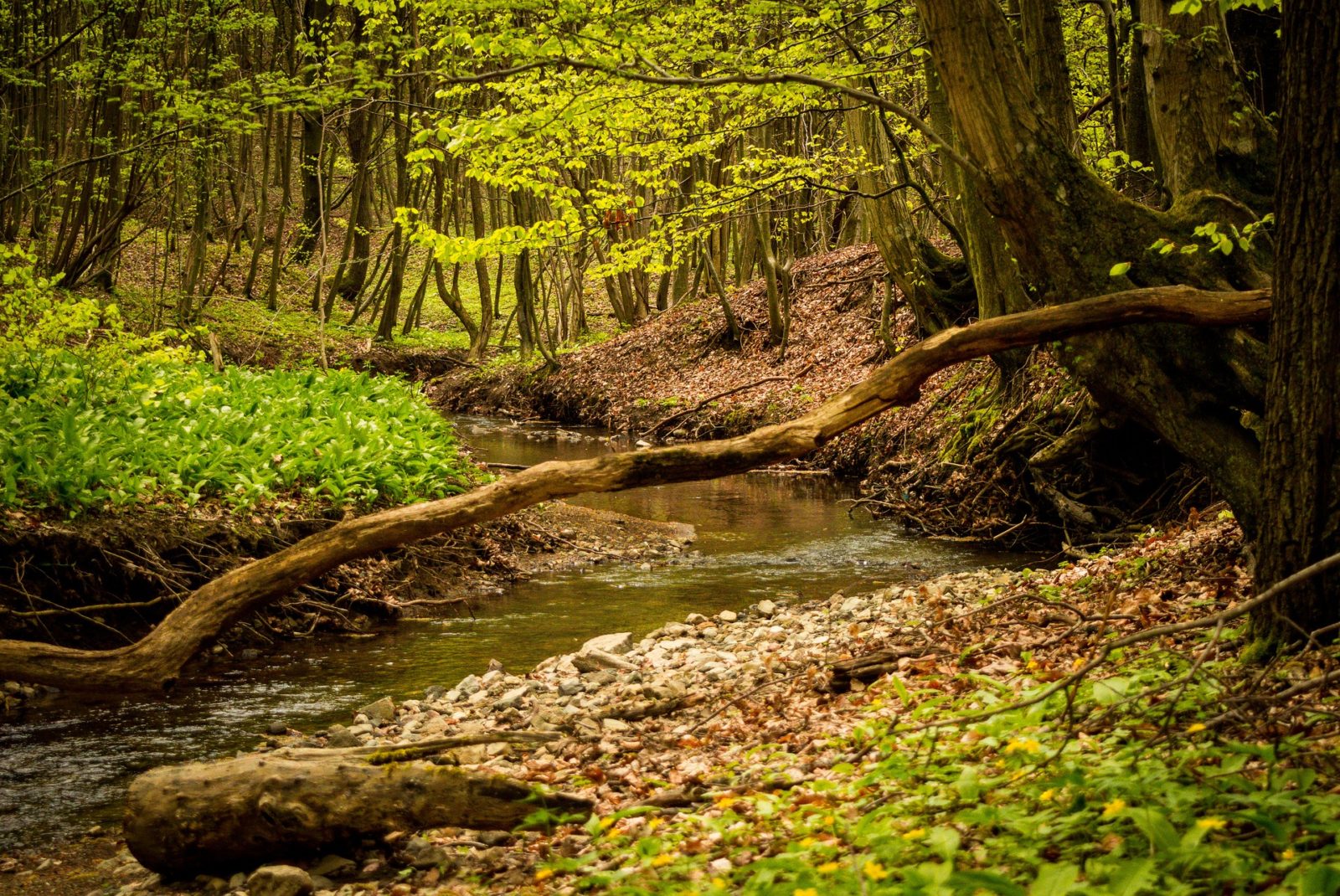With spring finally here, after one of the longest winters on record, many of us can’t wait to head out into the vast wilderness regions of Eastern Ontario. Historically, the May long weekend brings hordes of urban dwellers, escaping from the concrete jungles, to experience fresh air, peace and tranquility, and to enjoy a variety of nature experiences. Unfortunately, it also ends up in tragedy for some.
My belief is that the Wilderness is a fairly safe place to be in, and that the real death zone is the highways. Every year on average, over 12,000 Canadians are reported lost in the wilds. Only a handful die. In Ontario, currently the highest activity based causes of death are ATV’ing, Snowmobiling, and Boating. Approximately 30 people drown every year in Ontario. 12 souls lost their lives for to drowning while snowmobiling in 2017 in Ontario.
In contrast, our wild west highways produce unthinkable carnage. Close to 20 Canadians perish each day due to drunk or drugged drivers, or due to aggressive or distracted or outright negligent drivers. Shockingly, hundred of motorist die each year across Canada due to not wearing seat belts.
Here are some important Survival and Safety Tips that could prevent disaster.
Highway Safety:
I cannot stress this enough, zero alcohol and pot. Also, careful with some medications, they can produce the effect of drowsiness. Additionally, don’t drive while distracted. It has surpassed drunk driving as the leading cause of highway fatalities. No texting, no eating meals, no watching movies, no use of cell phones unless hands free. And wear your seat belts.
Don’t drive aggressively, and something I witness with increasing frequency, don’t pass on a curve or solid line, don’t tailgate, and don’t go more than ten kms over the posted speed limit. Drive to the road conditions, and weather. These folks risk everyone’s lives with their selfish, stupid and reckless behaviour.
The O.P.P. will be out in full force looking for dangerous drivers, and automobile insurance companies will have little sympathy for them.
Have a fully inflated spare tire, and a roadside assistance membership. Some good advice is to have a cell phone amplifier booster, such as the Wilson’s Sleek Model, available at Canadian Tire or online at Amazon.
Boating Safety:
For all watercraft, including a paddle boat, canoe, kayak, sail boat, jet ski, fishing boat and pontoon, wear a CA approved and properly fitted flotation device. It’s useless if you’re not wearing it, and end up in the water, since the laws of gravity take you down, whilst the flotation device goes upwards.
Also, it’s a good idea to have rescue throw bags, an air horn and whistle, flares, and a tracking SOS device, such as a SPOT Locator, or an In-Reach. More advanced preparedness includes having a hypothermia kit, including some extra wool clothing and blankets, a sleeping bag, a portable camp stove and tin can, instant heat packs, space blankets, and high energy foods, eg granola bars or trail mix.
Hiking and Camping Safety:
Get up to date weather reports and warnings. When hiking, watch for dangers, and make yourself visible to avoid sudden encounters with wild animals. Keep a clean camp site, and no food or coolers inside or near your tents. Carry a compass and topo map, and a handheld GPS unit. Watch for hornets and wasp nests. Carry insect repellents and lotions to deal with bites. I prefer DEET products such as Ben’s.
To deal with ticks, wear long pants and high socks, and spray your lower legs and pants with a DEET product. There’s a product, Permythrin, that’s 100 times stronger then DEET, or can be sprayed on clothing, and left to dry. But never on skin directly.
Cottage and RV Safety:
Make certain that you have working, newer model smoke and carbon monoxide detectors in all living areas and bedrooms. Also recommended is a fire extinguisher in the kitchen and near the fireplace and woodstove. Have the chimney pipes swept out at least once a year if you’re a seasonal, and at least twice per year if full time usage. Make certain all propane appliances and furnaces are checked regularly by a certified gas fitter.
To keep bears and raccoons at bay, keep garbage areas secure, and clean the barbecue regularly.
Basic Survival & First Aid Kit:
At the very least, consider having the following items when heading into the great outdoors. Most items can be easily purchased from most sporting good stores or on the internet from Amazon.
–space blankets and a decent tarp, eg MEC tarp
–water purification tablets, eg Aquatabs, tin can for boiling
-knife and folding saw
-granola bars, trail mix
-tracking device, cell booster
-first aid kit, with Gatorade powder, bandages, gauze and wound care pads, non stick burn pads, triangulars and quick splints, moleskin, pain killers, insect bites sprays eg. Caladryl, AfterBite,
+medications, puffer, insulin, epi-pen etc.
And leave a backup trip plan with loved ones, just in case!
Now get outside and experience the therapeutic effects of reconnecting with nature! But keep in mind, you are biodegradable!
David Arama, Director
